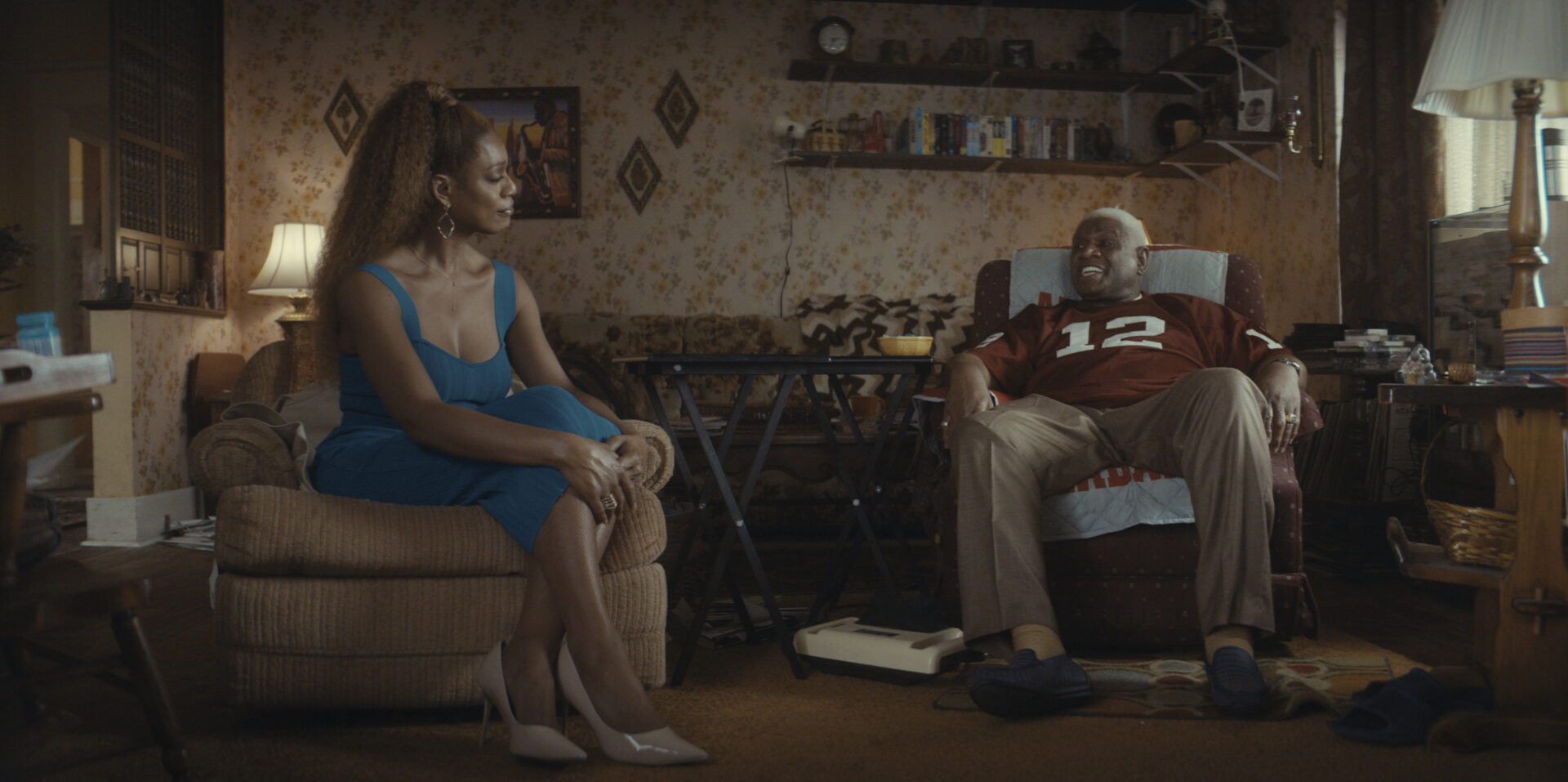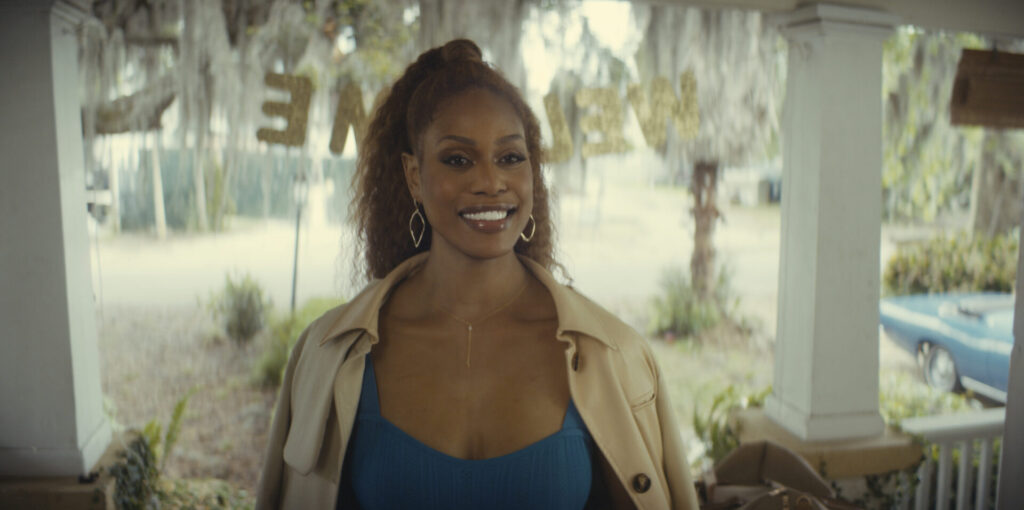Amazon’s new series Clean Slate is set to make waves as a groundbreaking show centering Black trans joy and the complexities of family relationships. Starring the iconic Laverne Cox and legendary comedian George Wallace, the series tells the story of Harry, a traditional car wash owner in Alabama, whose world is turned upside down when his child—whom he once knew as his son—returns after 17 years as a proud trans woman named Desiree.
In an interview with Communications Associate Yolanda Lenge, George Wallace and Laverne Cox sat down to talk about their new series. Through humor and heartfelt storytelling, Clean Slate aims to challenge misconceptions while celebrating love, acceptance, and the power of starting anew.

At the heart of Clean Slate is the idea of fresh starts, something Wallace emphasizes: “Every day is a clean slate. I’m starting over with laughter.”
His character, Harry, embodies the struggles of unlearning old beliefs and embracing his child’s truth, making space for a narrative rarely seen on screen—one that highlights love over rejection. Wallace’s signature comedic presence ensures that while the show tackles important themes, it does so with warmth and humor, making it an engaging and uplifting watch for all audiences.
For Cox, Clean Slate is deeply personal and timely. “A clean slate is every day. A day at a time, every day is an opportunity to start over,” she says. She describes the show as an intentional choice to shed what no longer serves us and embrace a more inclusive, compassionate future.
Cox’s portrayal of Desiree is a testament to the resilience of Black trans women and their place in Black communities, pushing back against harmful narratives that often erase or misrepresent their experiences. Her passion for this project underscores the need to share these stories now more than ever.

One of the show’s most powerful aspects is its focus on the reality of Black trans lives, particularly in the South. Cox challenges the misconception that Black communities are inherently more transphobic or homophobic, stating, “All of my closest trans friends who are all Black trans women have parents, have mothers who love them and never stop loving them and never disown them.”
She emphasizes that Christianity, which is deeply rooted in many Southern Black households, is about love—something that should be reflected more in media. Clean Slate brings these narratives to the forefront, providing a counterpoint to the all-too-common stories of rejection and struggle.
Ultimately, Clean Slate is not just a show about one family’s journey—it’s a celebration of trans joy, Blackness, and the power of storytelling. In a time when trans rights are under attack, Cox reminds us why authentic representation matters: “We just need trans humanity. It’s really basic… The power and beauty of storytelling is that we can hopefully hear from people that we don’t hear from often and see them as human beings.”
With its mix of comedy, heart, and an important message, Clean Slate is poised to be a game-changer in the landscape of LGBTQ television, offering audiences a fresh and necessary perspective on love, identity, and new beginnings.
Clean Slate premieres February 6 on Prime Video.













